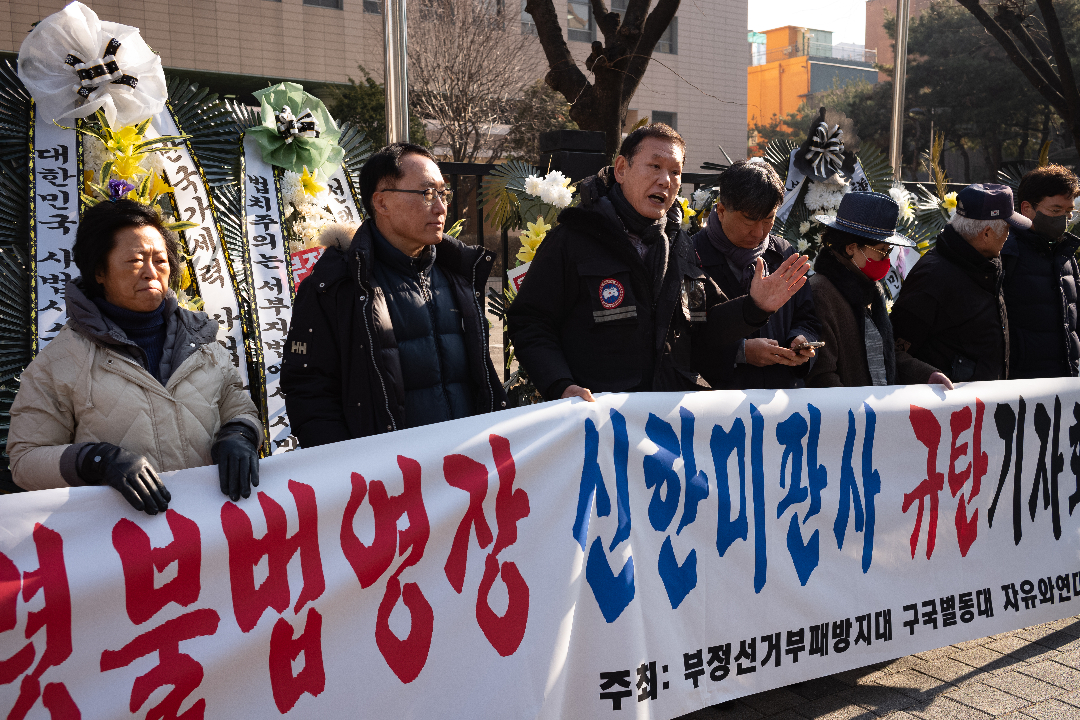On January 15, law enforcement officials finally arrested Yoon Suk-yeol, South Korea’s impeached far-right president, for plotting an insurrection in the form of an attempt to impose martial law late last year. This came twelve days after a humiliating failed attempt by an anti-corruption agency to capture Yoon, who had been holed up in his presidential residence in southern Seoul.
The scene, livestreamed on YouTube, was nothing short of spectacular, with more than 1,200 elite detectives trained in martial arts and the control of felons storming the residence in their predawn raid. This time, soldiers and many of Yoon’s security detail members chose to stay in their barracks instead of forming human shields as they had during the previous attempt.
Under South Korean law, the Corruption Investigation Office for High-ranking Officials (CIO) can hold Yoon for forty-eight hours before it seeks a detention warrant. Given the gravity of his crime, punishable by life imprisonment or even death, and the country’s stringent bail practices, the sitting president-turned-coup-ringleader will likely remain behind bars until his sentencing.
However, Yoon still emerged defiant and even stronger once outside his fortified residence, from which he had spent the previous month riling up his base and sapping his legislative opposition. In the latest Gallup Korea poll of 1,004 adults aged eighteen and over, conducted last week, only 64 percent supported Yoon’s impeachment, down 11 percentage points from an earlier survey conducted ahead of a National Assembly vote…
Auteur: Kap Seol

